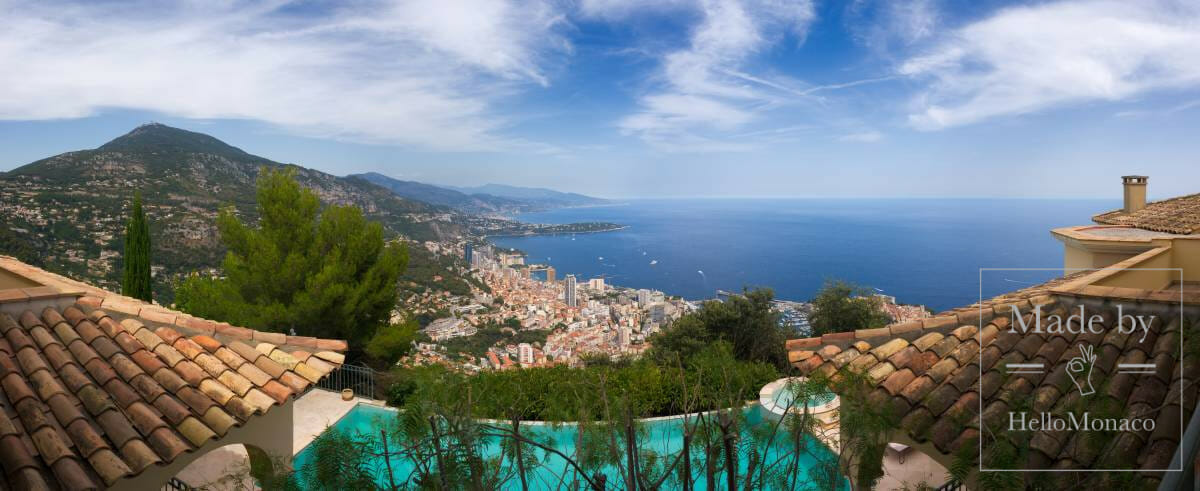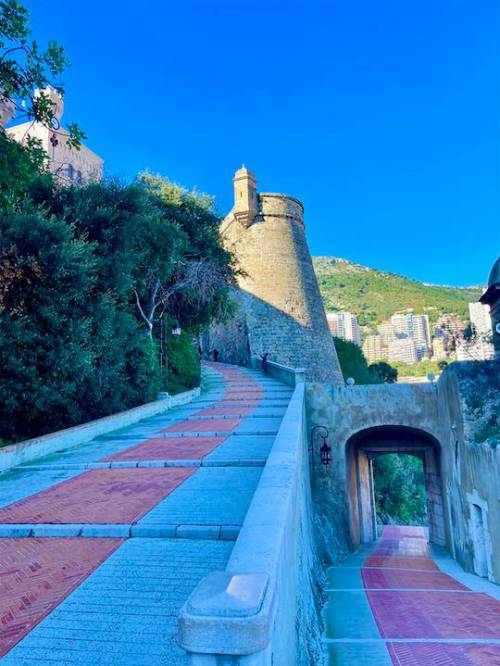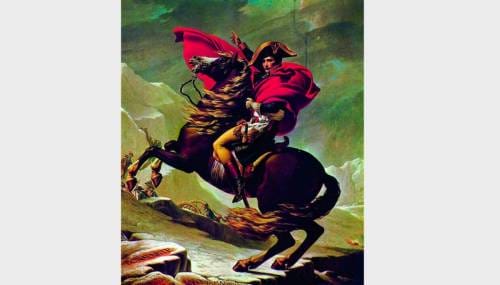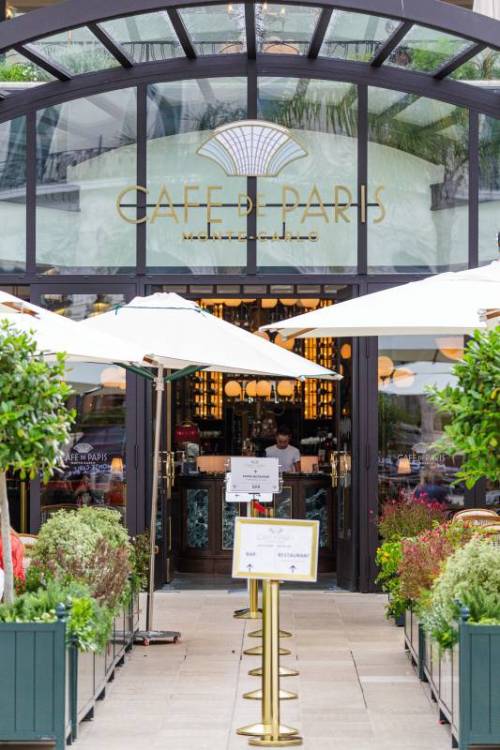Since their creation in 1997, the Audiovisual Archives of Monaco has accumulated a very rich collection of professional and amateur films, photographs and audio files, coming from local and international institutions and Monegasque families.
Monaco in films: cine-conference
“In order to be able to show an ancient work, it must first exist, that is to say, it must be preserved. In order to preserve it, it must first be collected.” – Henri Langlois
Preserving heritage is not just classifying and indexing documents. It’s also about telling the story. This is what the Archives have been doing for twenty years. This cine-conference will provide proof, in images, words and surprises.
A “fetish” film
Should we withhold an art form which has long been refused a place in the museum, on the grounds that it is impure? Cinematheques have endeavored to reply to this question throughout the last century. New institutions, with regional focus, have since reinvented our relationship with cinema and images. For these young structures, it is less a matter of building a collection of films based on cinematic or artistic criteria alone, than of assembling an audiovisual memory anchored in our local territory. They found part of their wealth of images through amateur film works. In addition to works of fiction, film, sound and television news, the Audiovisual Archives of Monaco build, in twenty years, a unique collection of about three thousand amateur films shot in the Principality between 1920 and 1980. Images come, for the vast majority, from Monegasque families, sensitive to the notion of heritage. Others were found in cellars, attics and flea markets.

But a small ad published in ‘The Life of the Collector’ (‘La Vie du collectionneur‘) allowed the Archives to acquire their first amateur film. Filmed by Mr. Michel in 1954, with the support of the cinematheque photo-club Marmande, ‘La Principality of Monaco’ is a film in 9.5 mm Kodachrome, complete with a sound track. Sixteen minutes long, it offers a wide panorama of Monaco, with stunning views of the Rock, the Hercule harbor, and Tir aux Pigeons. Without the proper technical equipment, the Archives entrusted the operations of safeguarding this unique document to the National Audiovisual Center of Luxembourg and the BBC, one of the most efficient laboratories in Europe. The journey of this film does not end there. In 2005, at an archival congress in Nancy, we learned that Mr. Michel was the author of many other works, deposited at ‘Trafic Image’, an association from Angoulême that organizes research and creation workshops around the archive. Our “first” amateur film is therefore not an orphan.
Digital magic
If one is to “keep everything”, one must be able to “read everything”, to “see everything”, without distinction or prejudice, to keep one hundred and twenty years of cinema and sixty years of television. The multiplication of formats and standards has led the Archives to increase their level of technicality over time and to integrate new digital instruments to process channels the documents they keep. Digital technology now accompanies the backup and restoration plans that the Archives carry for works of heritage. This is the case for old films from the Oceanographic Institute, the Albert-I Foundation of Monaco. This is also the case for the archives from “Monaco info”.

Photography also uses digital resources to save its original works. The example of the glass plate collection at the Museum of prehistoric anthropology of Monaco offers a perfect illustration. This collection of negatives on glass, of remarkable photographic quality, was the subject in 2010, with a high-resolution digitization plan. One of the treated photographs represents a landscape of verdure and armour stone typical to our region, created during a campaign of excavations on the heights of Monte-Carlo. After enlarging the negative, one recognizes, in the center of the image, Mr. Lorenzi, who was in charge of excavations, who posed in front of an old Ligurian wall. If we increase the size of the photo again and look on the left side of the image, we can clearly distinguish, in the background, the Rock of Monaco. We have to magnify the digital file one last time to reveal that at the bottom of the frame, stands the silhouette of the Oceanographic Museum under construction, which allows us, ultimately, to ascertain that the photograph was taken in 1908.
Monaco in films
Financial means, conservation and safeguarding films and audiovisual files, is not enough. Without validation, these files will not be remembered. It is therefore necessary to show the works, to reveal their richness and peculiarities, to mix themes, styles and epochs. ”Keeping everything” must not be translated into a blind ”show everything” which would be erasing any critical spirit. You have to be able to interpret the works and the documents. It was this reflection that led to the creation of “Monaco in films”, a program that aroused interest and debate on the need to rethink our relationship with history and memory. In a time full of information, where everything seems to be ephemeral, we have a great need testify who we are through images. As with any museum, the heritage section of an archive is quickly transformed into an educational vocation. In 2009, with Thomas Fouilleron, the archives designed and directed a film based on an archive, designed to visually portray a textbook for secondary education, ‘Histoire de Monaco’, published by the Directorate of National Youth Education and Sports. Conceived as a mosaic of images, in a chronology of archives which document everything between the earliest times of cinema, to the latest television images, this archive of archives is not history, but the feeling of history, a more “oscillating” form that questions our sensitivity and our memories. From the family album to the small screen, from the private to the general public, archival documents constitute a living heritage, an object of study indispensable to historians, who have become builders of our collective memory.
SAVE THE DATE! 13th June, the Audiovisual Archives of Monaco will celebrate their 20th anniversary
Grimaldi Forum Monaco – Salle Prince Pierre
Tuesday 13 June 2017, 7 pm
Reservations: +377 99 99 33 00
https://montecarloticket.com








